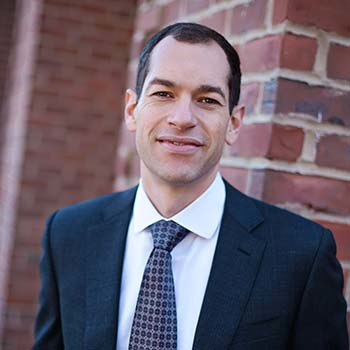Great Writers Set Goals
To write a nonfiction book, it’s crucial to set achievable goals and create workable plans to achieve them. Unless you’re into experimentation or just want to meander along for the ride, you need a road map; you need to know where you’re going. You must be clear about your objective, and what you want to achieve. So, the first step is to clarify your goals.
Understanding your goals can be elusive for they too can change. The first goals that pop into writers’ minds are often not what they truly want. Or they mature and develop and their goals and values change. Recognize that there is nothing wrong with that. It is just part of the process.
The best way to determine your actual goals is to ask yourself nonjudgmentally why you want to write a book. Be honest. Dig deep to find the actual reasons why you want to write your book, because they can influence the choices you make and the direction you chart. Do you have a point to make, a story to tell, or a feat to accomplish? Admit if you want fame, fortune, and recognition, but understand that they may be difficult to attain.
Before you begin to write, after you are clear on why you want to write, create a step-by-step plan. Think about the best way to get information and understand your topic, how you can find out what you should read and whom you should interview. Assess the competition, learn how you differ, and identify your niche. Consider those people you’d like to include in your book and begin to sculpt a plan to connect with them.
Set financially realistic goals, which means not expecting to make a fortune from your book. In fact, don’t write a book to make money, because you will probably be deeply disappointed. As Louis Patler points out, even books that sell well may make questionable financial sense.
“If you get a 10 percent royalty on a book with a $20.00 cover price,” Patler notes, “you will get somewhere between 80 cents to a dollar on each book sold after everything is deducted: discounts, agents’ commissions and amounts retained. So, if you get a $10,000 advance, it takes a lot of book sales to earn that back. People don’t understand that a New York Times bestseller will sell approximately 50,000 copies in a six-month period and you know how few books sell that well. So, if you do the math, on a 50,000-copy seller, the maximum you’re going to earn before taxes is $50,000, which may not be much of a return considering all the time, effort, and expenses you put in.”
In addition to not making you rich, you’re also unlikely to receive widespread fame. However, your book can produce other rewards that can be equally or more beneficial. It can help you build your business and career; make outstanding contacts; bring you and your family enormous pride and satisfaction; build a strong personal or professional platform; and help you create a wonderful, rewarding life.
Your writing can also help you build other income streams. For instance, it can bring you new clients and customers who hire you as a consultant, advisor, or trainer for their staffs. A book can be a fantastic calling card that generates business and paints you as a formidable expert in your area of business. Nonfiction authors also make popular public speakers, and your book could help you launch a lucrative speaking career. Accomplished speakers tell us that they earn as much in two or three speeches as they do from all the royalties they are paid during any one book’s life. Books can also bring other and more engaging writing assignments. We see these success stories all of the time. Despite the lack of financial rewards, most nonfiction authors love being writers and would not change. “Writing books is the single defining thing that has happened in my career,” Brad Schoenfeld, author of Look Great Naked (Penguin, 2001) and five other books, remarks. “Although I’ve done well monetarily from my books, you won’t get ‘rich rich.’ The real rewards come from everything else that comes from writing a book.”
Schoenfeld’s books have brought him greater stature in his field and have strengthened his credibility with clients. They have also given him “entree into all sorts of other areas; people hear about you, endorsement deals come your way, videos are made and doors open,” he explains.

